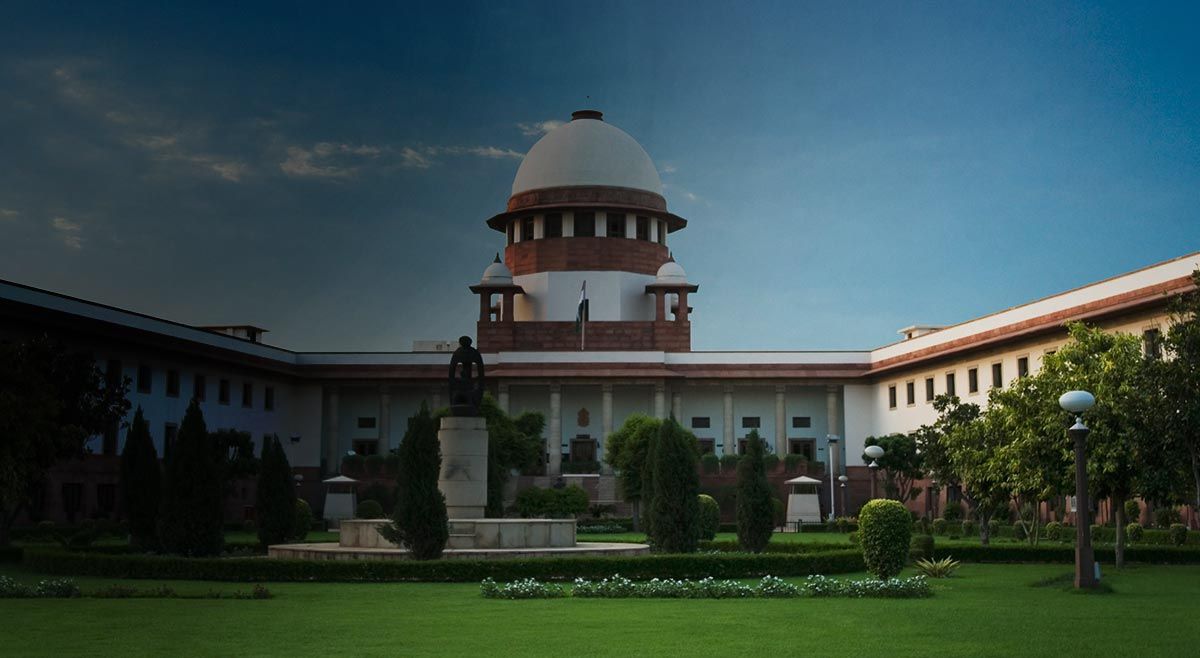


CASE: Jammu and Kashmir Bank Limited vs M/S Hotel Alpine Rigde and Ors.
The Supreme Court on Friday asked the Central government to initiate steps to set up a Debts Recovery Tribunal (DRT) in the Union Territory of Jammu and Kashmir.
Currently, the Debts Recovery Tribunal (DRT) at Chandigarh handles cases for Jammu & Kashmir.
A Bench comprising Justices Abhay S Oka and Augustine George Masih questioned Solicitor General Tushar Mehta about the necessity of establishing DRT benches in each state if accessing the Chandigarh DRT virtually was a viable option for the region.
The Court underscored the unique geographical challenges of Jammu & Kashmir and emphasized the need for a dedicated DRT bench for the area.
"If you are saying that then why is government making tribunals and benches in all States? See the topography in Jammu Kashmir, it will have to be done"
The Supreme Court was addressing appeals related to SARFAESI proceedings in Jammu & Kashmir when Solicitor General Tushar Mehta, representing the Central government, stated,
"My lords, this matter needs consideration. Currently, they can approach the Chandigarh DRT virtually, so they do not lose their remedy."
This led the Court to emphasize the necessity for a dedicated DRT bench in Jammu & Kashmir.
The Solicitor General responded that he would make every effort to address the issue in his professional capacity.
The case concerns challenges to an April 12 ruling by the Jammu & Kashmir and Ladakh High Court, which was issued by a Bench led by then Chief Justice N Kotiswar Singh, who has since been elevated to the Supreme Court.
Individuals and businesses affected by recovery proceedings initiated by Jammu and Kashmir Bank had appealed to the High Court, arguing that traveling to Chandigarh hindered their access to justice as guaranteed by Article 21 of the Constitution.
The High Court had ruled that even with the statutory remedy of approaching the Chandigarh DRT, the batch of pleas under Article 226 was still maintainable.
The Bank subsequently appealed this decision to the Supreme Court.
TAGS: Supreme Court DRT Jammu & Kashmir Solicitor SARFAESI proceedings High Court